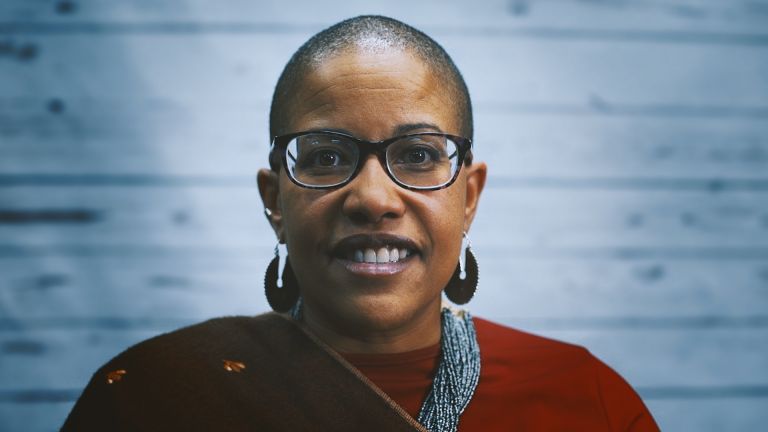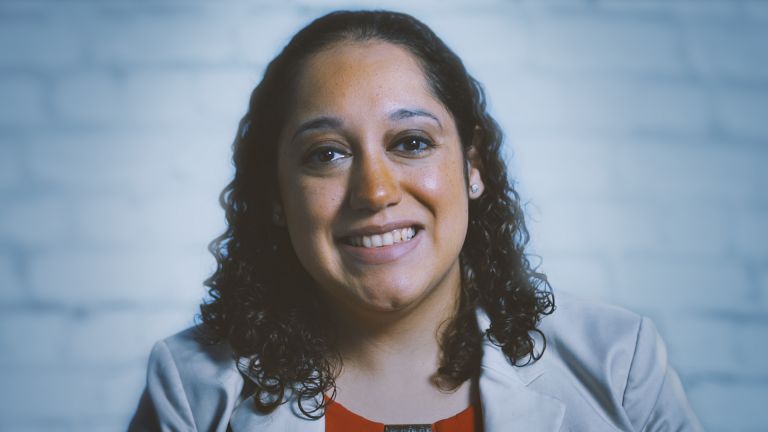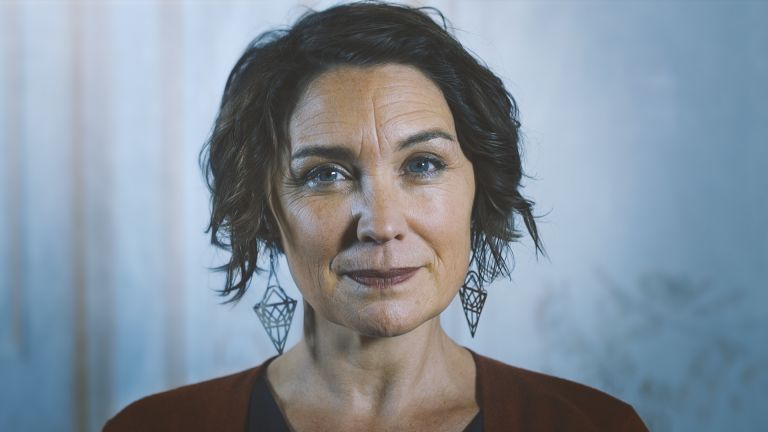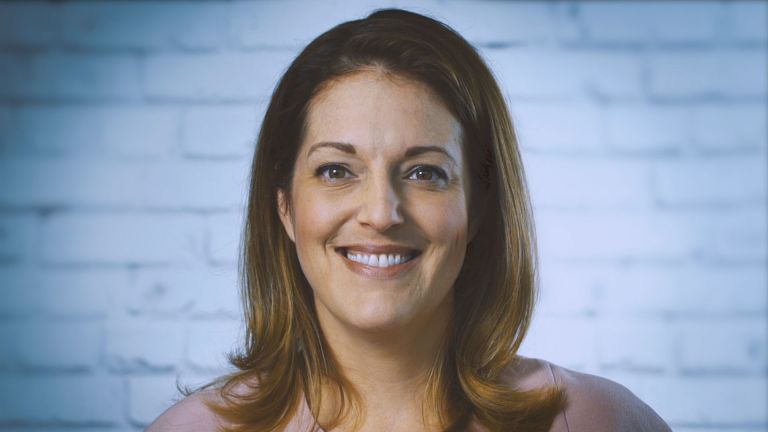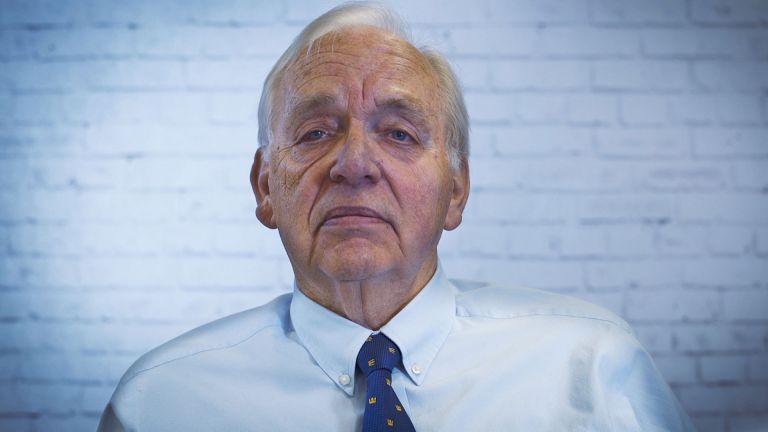Julie Kaplow, Ph.D.
Dr. Julie Kaplow serves as Executive Vice President of Trauma and Grief Programs and Policy, Meadows Mental Health Policy Institute; and Executive Director of The Trauma and Grief Center at The Hackett Center for Mental Health. The primary purpose of The Trauma and Grief Center is to raise the standard of care and increase access to best-practice mental health care among youth and families exposed to trauma and loss through intervention development, research, training, and policy.
All the grieving person needs to know is that you’re there for them when and if they need you. That having an open-door policy is really important, that people may not be able to come to you right away and that that can change over time, that helping the grieving person understand that you are there over time for the long haul can be incredibly important.
So we know that in general, people who experience the death of a loved one can still go on to lead very happy, healthy lives. We also know that without appropriate support or enough support, that can be very difficult for people to move forward in life and feel like they are able to function in a healthy normal way, and so the social support piece really becomes incredibly important to be able to provide that person with the types of supports they need over time in order to ensure that they are able to lead a healthy, happy life.
In our society, when someone dies, usually people rally around the person and usually within a few months, that type of support, that more logistical support tends to wear off. There's also the assumption that after about a year, the person should be over it, and we know that that’s not the case, that most people need much more time to really be able to grieve and also to have that kind of support. Support plays a really important role in how that person will grieve over time. And we know that, grief ebbs and flows, so having that support there continuously is critically important.
Children don’t often understand what it means when someone says, um, “so-and-so passed away.” We want to be more concrete with kids so that they really understand what it means, what death is.
Oftentimes, we hear from kids that they’re afraid to go to sleep at night after someone they love dies because someone may have said something like, um, “Your, your dad is sleeping now.” Um, so we want to be careful with children especially about how we describe death.
Some things that can be more helpful to the grieving person are things that really speak to how you feel in your own heart as a supporter, so, “I can only imagine what this feels like. I want you to know that I’m here for you whenever you need me,” or, “I know that I’m not in your shoes and I know that I don’t fully understand, but I want you to know how much I care about you and that I’m here for you at any point,” so, really, those kinds of statements, acknowledging that you don’t quite know what their own experience is, but that you’re there whenever they need you.
In classrooms, we’ll hear teachers talk about grieving students who, may become tearful or sad even years after the death if they’re reminded of the person who died.
So for example, they, there may be an event where dads are invited to participate and a child who just lost their dad may be very upset and sad. That can manifest in different ways though, so it can look like temper tantrums for younger children. It can look like anxiety or even ADHD for kids who are older.
Especially if the death was traumatic, we often see that kids look like they are having attention problems when actually they may be experiencing more post-traumatic stress. Um, so helping teachers really recognize what this can look like in the classroom is really important, and also being attuned to the fact that even if the death occurred years ago, having events or situations that remind the child that the person that they loved is no longer with them can be very triggering and can often produce those kinds of behaviors in the classroom.
“Grief is not pathological. Grief is not an illness or a mental health problem. Grief is a natural part of life and a natural part of mourning the loss of someone that we care about.” Julie Kaplow
